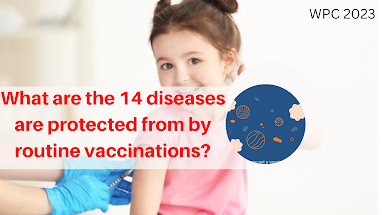Does using antidepressants during pregnancy cause your child to be autistic?
Antidepressants are routinely used to treat serious depression and post-traumatic stress disorder in pregnant women. Depression is widespread in women of reproductive age, and antidepressants are prescribed to 3-8% of pregnant women in Europe. Fluoxetine is one of the most regularly given antidepressants. Fluoxetine is able to cross the placenta and has been found in breast milk. Antidepressant-treated children appear to have a slightly increased risk of autism than children of mothers with psychiatric problems who were not treated with antidepressants during pregnancy. Children are divided into four groups based on their mothers' antidepressant use in the two years preceding and throughout pregnancy: unexposed, antidepressant discontinuation (use before but not during pregnancy), and antidepressant continuation.
Women who take antidepressants during pregnancy may have a higher risk of having autistic children. Children born to mothers who used antidepressants throughout their second and third trimesters were 87 percent more likely to develop autism than children born to mothers who did not use the medicines.
The major questions are:
- What are the potential relationships
between autism and the use of antidepressants during pregnancy?
- Is this related to the underlying
condition, antidepressant medications, or other unmeasured factors?
- Is there a link between the use of one
type of antidepressant medicine (selective serotonin reuptake inhibitors,
or SSRIs) during pregnancy and autism spectrum disorder in offspring?
• Should pregnant women stop using
antidepressants?
To clear all these above confusions join WPC 2023
.jpg)

.png)
.jpg)
Comments
Post a Comment